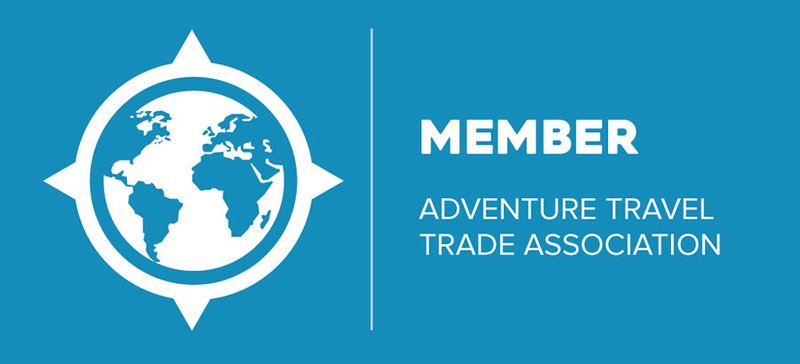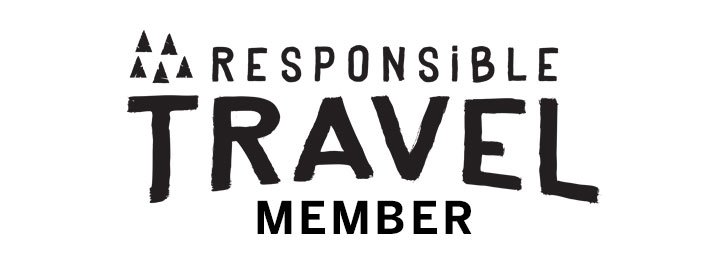With its 9400 miles of coastline, New Zealand is no stranger to sealife landing on its shores. We interviewed our community partner Project Jonah to learn more about how they care for the coastlines, particularly in response to stranded dolphins and whales that land in a critical situation once out of their marine environment. Here’s what they shared with us:
The Mission
Tell us about how Project Jonah started. When was it started, by who and why?
New Zealand has one of the highest stranding rates for whales and dolphins in the world. On average we expect 300 animals a year will strand on New Zealand’s coastlines. Many of those coastlines are in remote parts of the country and it can take hours for help to arrive.
Community volunteer medic trainees.
Project Jonah exists to empower communities to make a difference. We travel the country sharing skills and knowledge with communities so that when (not if) a stranding occurs in their area, they know what to do and are able to save lives. We’ve been going since 1974 and are one of the leading countries in the world for expertise in whale strandings. We sit on the IWC International Stranding Panel, offering stranding advice globally. We are also founding members of the World Cetacen Alliance. For a little country of 4 million, we punch well above our weight when it comes to whale stranding response.
The Team
Talk to us about the Project Jonah team. Are they volunteers or is it a full time job?
We are a team of two staff and over 3,000 volunteers. Our volunteers contribute in so many different ways and are the reason we are able to continue to do what we do. Whether it’s responding to strandings, helping in the office, IT, graphic design, fundraising and education, we rely very heavily on people giving up their time to help out.
Achievements
Can you tell us about one time where you knew the work that Project Jonah was lifesaving?
What comes to mind is the mass stranding of pilot whales we had last year at Golden Bay (top of the South Island). Over the course of three days, we had over 650 whales strand. This was third largest stranding event in New Zealand’s history and the largest in the last 100 years.
Our role was coordinating the response alongside the Department of Conservation. This meant keeping the thousands of people who turned up safe, looking out for the whale’s welfare, and coming up with a plan to refloat hundreds of animals.
It was a monumental effort and we couldn’t have done with without our volunteers, many who travelled for 8+ hours to get to the beach, members of the public and the local community.
Across three days, over 400 whales were refloted. It is thought this could be one of the highest numbers of stranded whales rescued in the world.
Photo credit: Alan Conin
Our visit
What are you most looking forward to about the Eco Safari with Traverse Journeys?
We are super excited to meet like minded people who care about the environment and want to make a thoughtful impact on the world.
We can’t wait to share with you our amazing slice of paradise that is the Hauraki Gulf. The Gulf is home to the critically endangered Bryde’s whale and is visited by one third of the total marine species in the world. There is so much life above and below the water!
Want to learn more? Check out Project Jonah’s website and follow them on Instagram - and join us in New Zealand to visit them in person!










